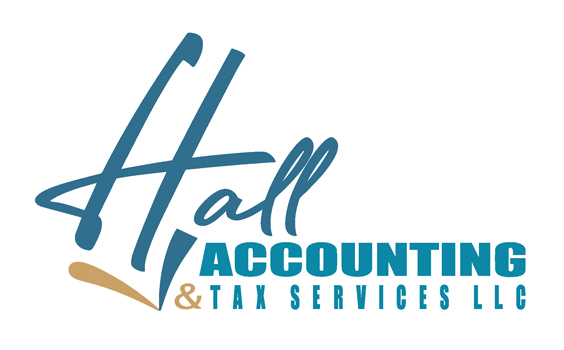I made it to the dentist the other day. They asked me if I had been flossing, as usual, and, as usual, I smiled and nodded.
Right.
Do you make it to the dentist twice a year? I mean, I know we’re all supposed to get our teeth cleaned and checked that often, but do you actually do it?
Taking care of your business is a bit like that. You’re hunting for (and trying to prevent) cavities.
So, giving your Dallas biz a little regular checkup like you do your pearly whites — you know, just to look things over and pinpoint potential issues (so you can snuff them out before they wreak any havoc) — is a good idea too.
And there’s a name for that kind of thing actually. It’s called an internal audit.
It can be tedious and time-consuming, I know. Trust me, I know. But the pros really overshadow the cons with these. Among the chief benefits? It’s one of the best lines of defense against IRS audits.
Even if you don’t find anything that needs “fixing” for Uncle Sam, you’ll often get something of nearly equal value: proof that you’re performing your due diligence as a business owner. That kind of proof stands up to any kind of scrutiny and gives you confidence moving forward.
But, now, you might be asking yourself…
Do I really need it?
The main goal of an internal audit is pretty straightforward: Analyze how you can improve business operations and efficiency.
The team or individual performing the analysis advises upper management on how to best manage the company’s risks and goals.
For example, the process helps you identify — and then rectify — potential issues (think inaccurate record-keeping or financial reporting, misclassification of employees, insufficient documentation for deductions, etc.).
The internal audit also confirms whether you are complying with tax laws and regulations. It can even help you enhance your internal control systems.
Sounds like a nice thing to have, right?
To DIY or not to DIY
Without getting too detailed, there are basically three ways to conduct an internal audit:
- In-house: Your company creates its own internal audit department with people who are responsible for conducting the audit. Pros: Your staff is already super familiar with your processes and operations. It also saves the cost of hiring an outside firm.
- Outsourced: An independent accounting firm, or internal audit service provider, conducts it for you. Pros: They can perform an internal audit in half the time, and you have the peace of mind that they do this for a living and know what they’re doing. They also use advanced data analytics and cutting-edge tools. This option keeps your staff from having to step aside from their regular work.
- Co-sourced: Your company’s in-house accounting or bookkeeping department partners with an externally hired internal audit service provider. Pros: The best of both worlds? You get their expertise while having a hand in the process yourself. Your staff participates as much as you are able to spare them, and no more. The external team gives an objective perspective on the business to balance your own.
As always, the best option for your Dallas biz depends on your goals and situation. We can help you think through which strategy is most beneficial for you.
Consider this
If you’re able to, getting a professional internal audit is a generally wise thing to do. Should you decide to hire a firm for outsourcing or co-sourcing, here are a couple of things you want to make sure they do:
- Retain institutional knowledge to avoid having to backtrack for future projects and assignments
- Understand your company culture and work well with your internal audit team (if you are co-sourcing)
- Cover remote locations
- Maintain a good relationship with requisite memberships and certifications in relevant professional organizations
- Go above and beyond by helping your team develop better practices to streamline processes and improve accuracy
- Confer specific industry knowledge to your staff through scheduled training sessions and one-on-one connects
- Be mindful of using internal auditing as a means to provide internal promotions for rockstar employees
Want to arm your Dallas business against potential IRS audits? ✋
Then, an internal audit is the bug catcher you need to make sure everything is checked off on the IRS’s list of laws and regulations.
Now, this process can be overwhelming, especially if you don’t know the special tax jargon-speak that the IRS uses. That’s why it helps to have someone involved in the process who not only works with the IRS all the time and understands the complexities that come with that, but also someone who you know and trust with your business.
That’s exactly why I’m here: calendly.com/hallaccountingandtax/15-minute-consultation
Let’s do this thing,
Shelita Hall
